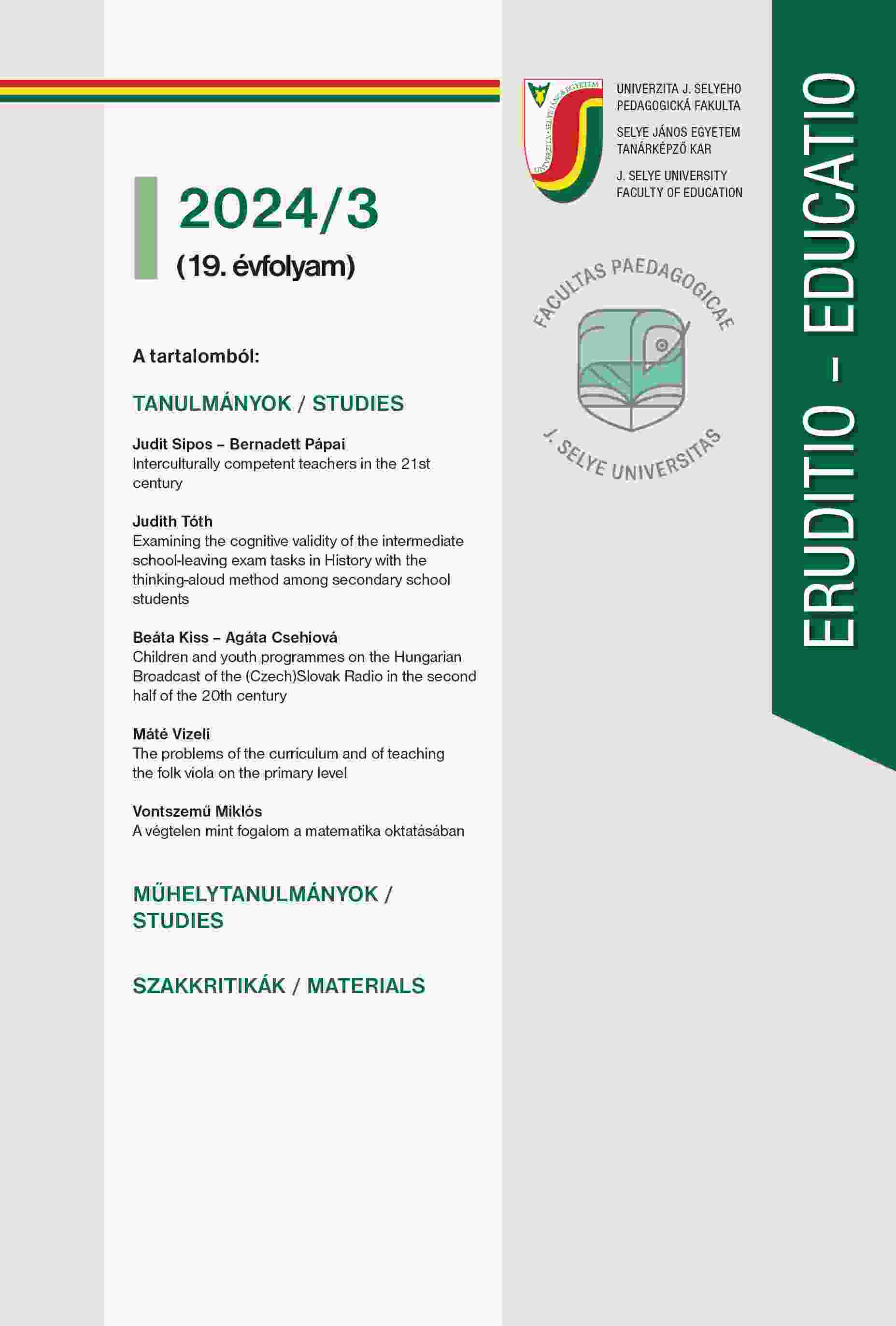Interculturally competent teachers in the 21st century
Interculturally competent teachers in the 21st century
Author(s): Judit Sipos, Bernadett PápaiSubject(s): Social Sciences, Education, School education
Published by: Pedagogická fakulta Univerzity J. Selyeho
Keywords: multiculturalism; intercultural competence; intercultural learning; communication
Summary/Abstract: In the 21st century, intercultural competence and intercultural communication play an increasingly important role in every segment of life, including education. What does it mean to be interculturally competent or to be able to communicate interculturally? Human communities, society, culture – they are in a constant state of change. Culture is therefore dynamic and never static, just like the language associated with it. One of the main characteristics of intercultural competence is that those who possess it can deal flexibly with change. The coexistence of cultures – like every interaction – is at least bilateral, but we can only transform this way our environment, our society, into a world in that it is worth living together. This will only work if the most diverse groups of the society participate: the national majority, the national or autochthonous minori¬ties, the long-established locals and people with a migration background. Why is this urgently needed and how can it be ensured that students gain practical experience during their training and promote their intercultural attitude? Teacher candidates have to be well prepared for their educational work, which will most likely be characterised by multiculturalism.
Journal: Eruditio - Educatio
- Issue Year: 19/2024
- Issue No: 3
- Page Range: 003-014
- Page Count: 12
- Language: English

